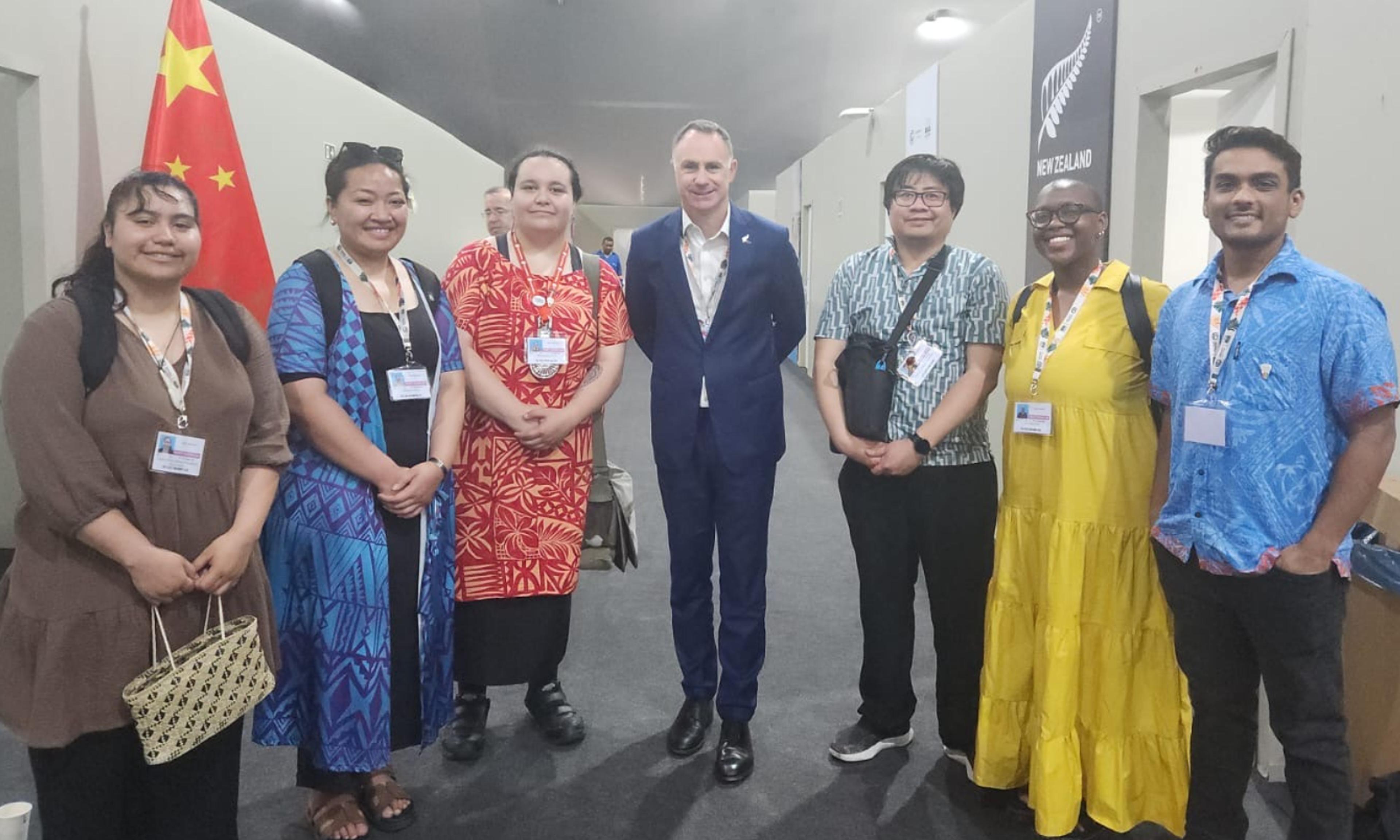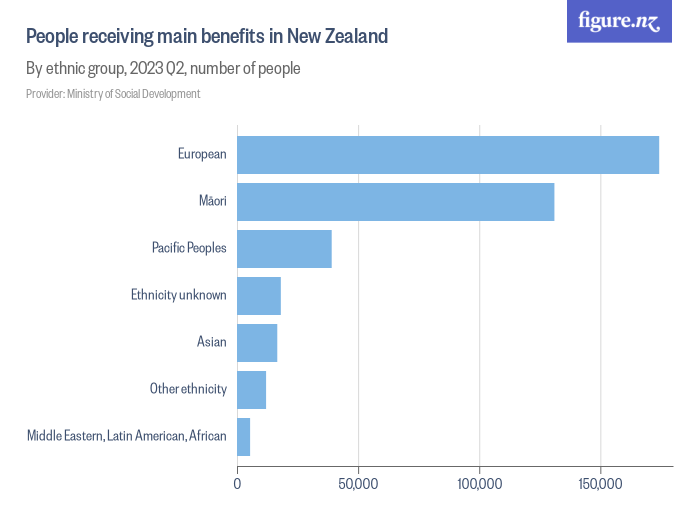

Political commentators have mixed views on the upcoming changes to benefit rates.
Photo/ Supplied
Benefit blues: Can the new welfare conditions inspire financial independence?
Pacific commentators discuss government changes to how benefits are rolled out and whether this will help or hinder Pacific families.




Unwanted sexual experiences ‘a public health crisis’ for Pacific youth, researcher says





Unwanted sexual experiences ‘a public health crisis’ for Pacific youth, researcher says

The saying goes “give a man a fish, and you feed him for a day; teach a man to fish and you feed him for a lifetime”.
The government’s changes to how benefit rates are calculated is prompting mixed reaction on how best to support struggling families.
But for National Party Pacific Blues chair Christian Malietoa-Brown, the previous government only acted on the first part of this famous proverb.
“We've had the last six years of ‘give a man a fish’ and it has gotten us worse results in every single aspect of life: infrastructure's worse, education's worse, poverty is worse, all these things.
“So now we're coming into a government that is ‘teach a man to fish’, and part of that is being able to tell people ‘you can actually do it’.”
Legislation to match benefit rates to inflation has passed its first and second reading under urgency, a move that could save the government $669.52 million dollars in the next four years.
Political commentator Latayvia Tualasea Tautai says previous governments have continued to fail the poor, without addressing the layers and nuances that influence poverty.
“Society makes scapegoats out of the poor. You can’t dream and aspire when you can’t keep the lights on and there’s no food in your belly.”
Benefit blowout
Figures from mid-2023 show 396,591 people aged 18-64 years receive a main benefit. The largest ethnic groups are European and Māori, and just under 10 percent (39,096) identify as Pacific Peoples.

Pacific people make up less than ten percent of those receiving a main benefit. Photo/Figure NZ
Minister for Social Development Louise Upston maintains that people who “can work, should work”, and blamed the previous Labour government for “an absolute blowing out of welfare dependency” with 67,000 more people on the benefit than six years ago.
People who don’t comply with benefit conditions will soon face a traffic-light system of sanctions, such as having to attend job workshops, mandatory community work, benefit cuts or even suspension.
Speaking to Levi Matautia-Morgan on Pacific Mornings, Malietoa-Brown says these measures could encourage people towards finding work.
“We're not trying to put sanctions on beneficiaries because we are anti-beneficiary, we're doing it because we actually believe that people can stand on their own two feet.
“They can make it, they can get a job, they can provide for their families, and they can build a future for themselves and their children.”
However, Tautai says some of the new sanctions are harmful and ableist, and continue to put shame on beneficiaries.
“Asking people to test every year for their disability isn’t OK. I’ve spoken with our communities and they’ve said ‘I’m still in a wheelchair, why do I have to go in again?’
“There are a lot of people who simply can’t work. They’re physically unable to, that doesn’t mean they shouldn’t be able to thrive and have access to resources, to their human rights, to clean water and to food.”
Malietoa-Brown doesn’t think an annual renew of the benefit is too much, saying it’s about accountability.
“I can’t imagine anyone in this world that will think that they just get money year after year without having to at least check in, if it’s only once a year.”
The way forward
Tautai wants governments to be proactive and think long-term in reducing driving factors of poverty.
“What does housing look like? What does school lunches look like? What does our smoking legislation look like? What does community law enforcement look like?
"Tax cuts aren't going to stop poverty. There's a rising cost of living crisis and that's not down to this one government, it's down to a long, long history of poor decision making.
“But our people are incredible. Our people can do anything, we're innovators. But the thing is, you can't innovate if you don't have enough to live.”
Watch the full interview on Pacific Mornings, where they also discuss redefining the Treaty principles, regional fuel tax and the Foreign Minister’s trip to the Pacific.